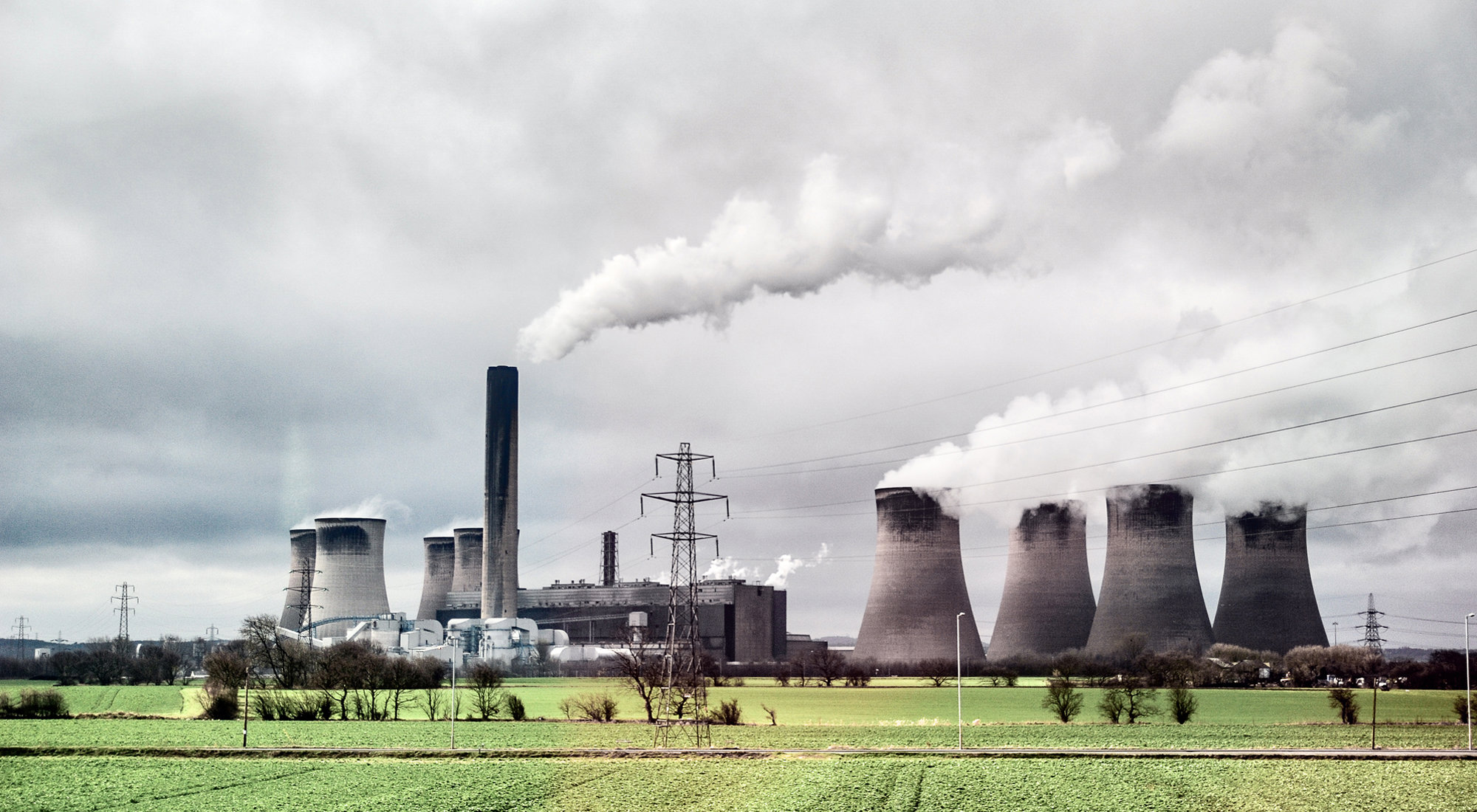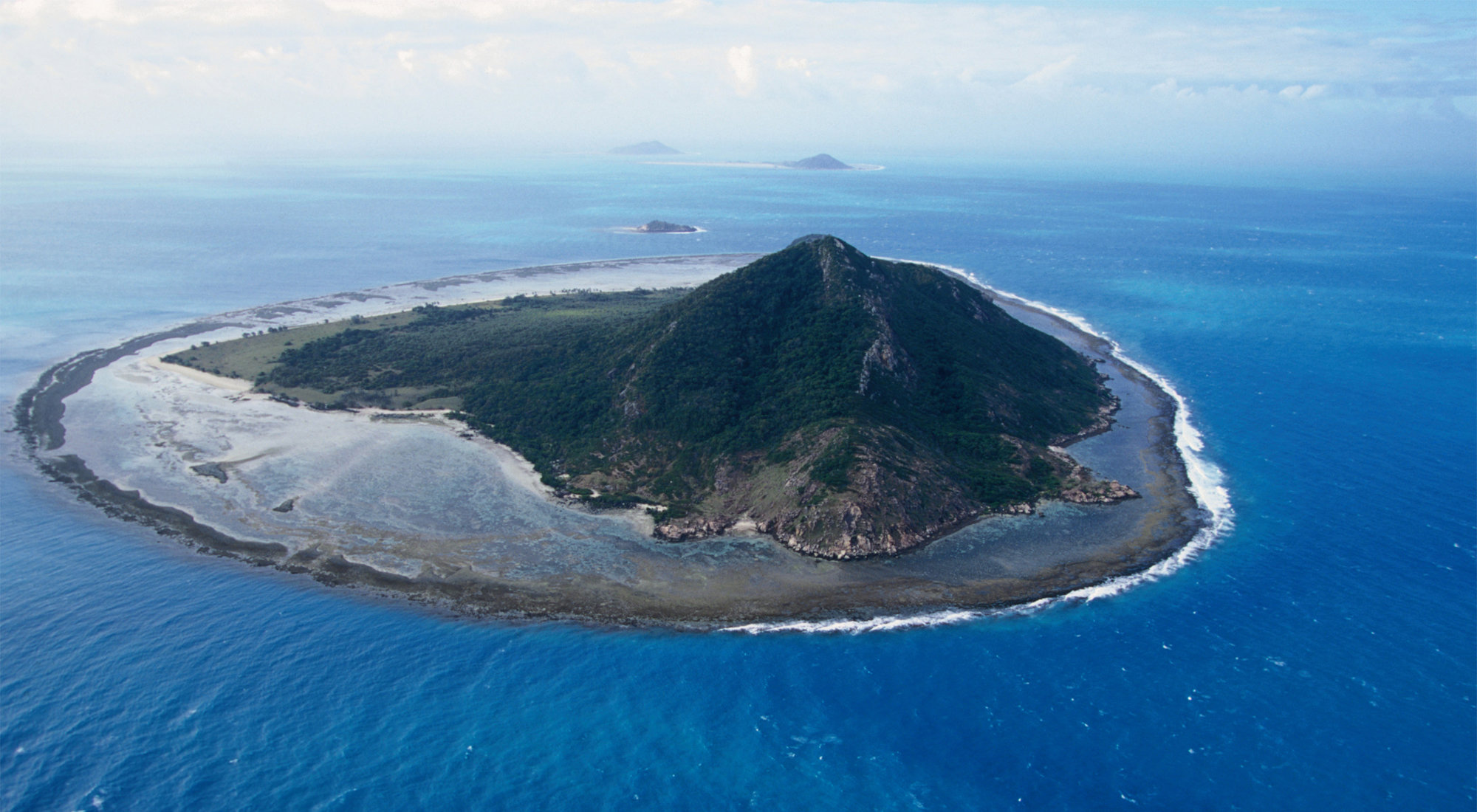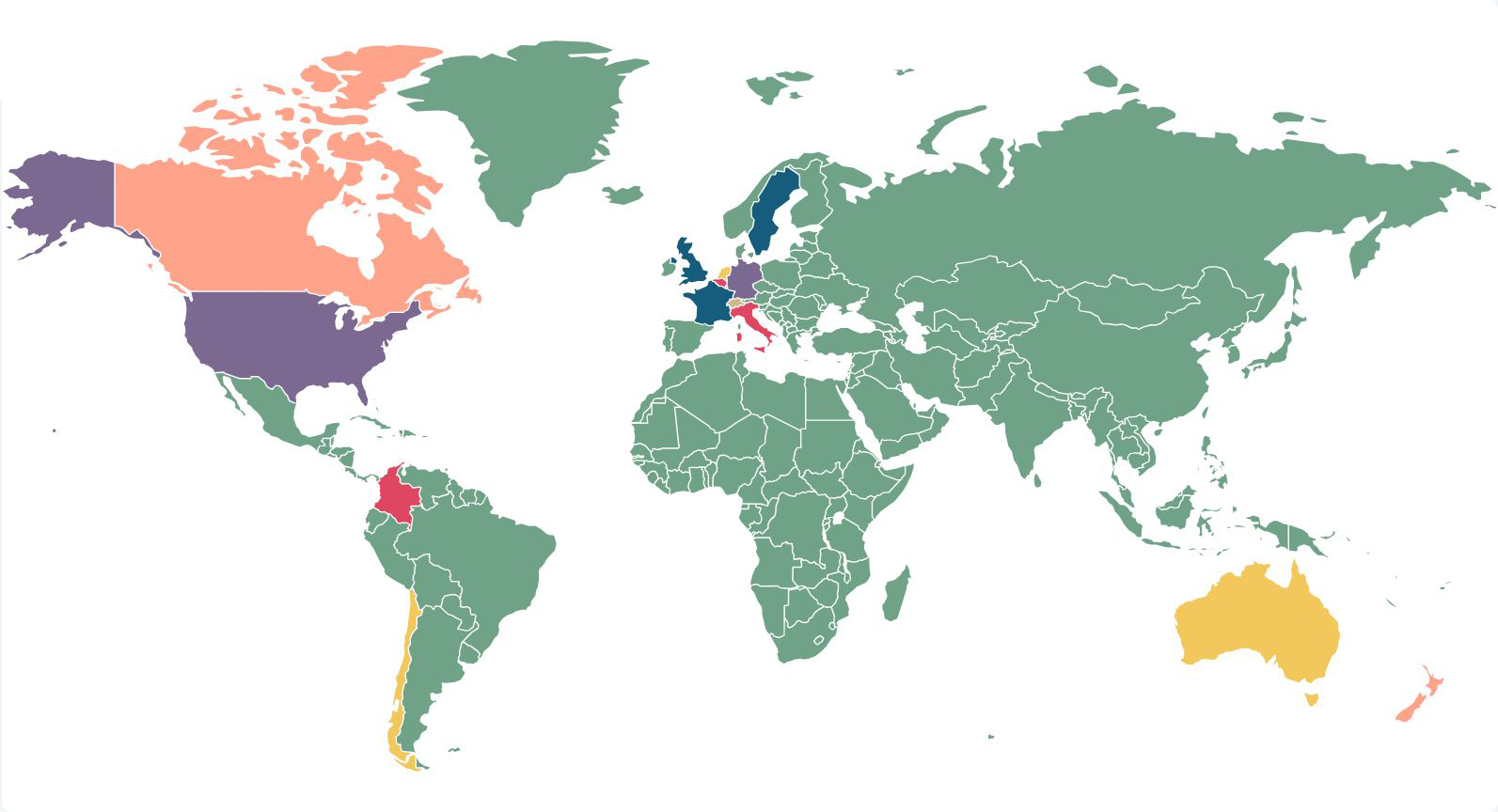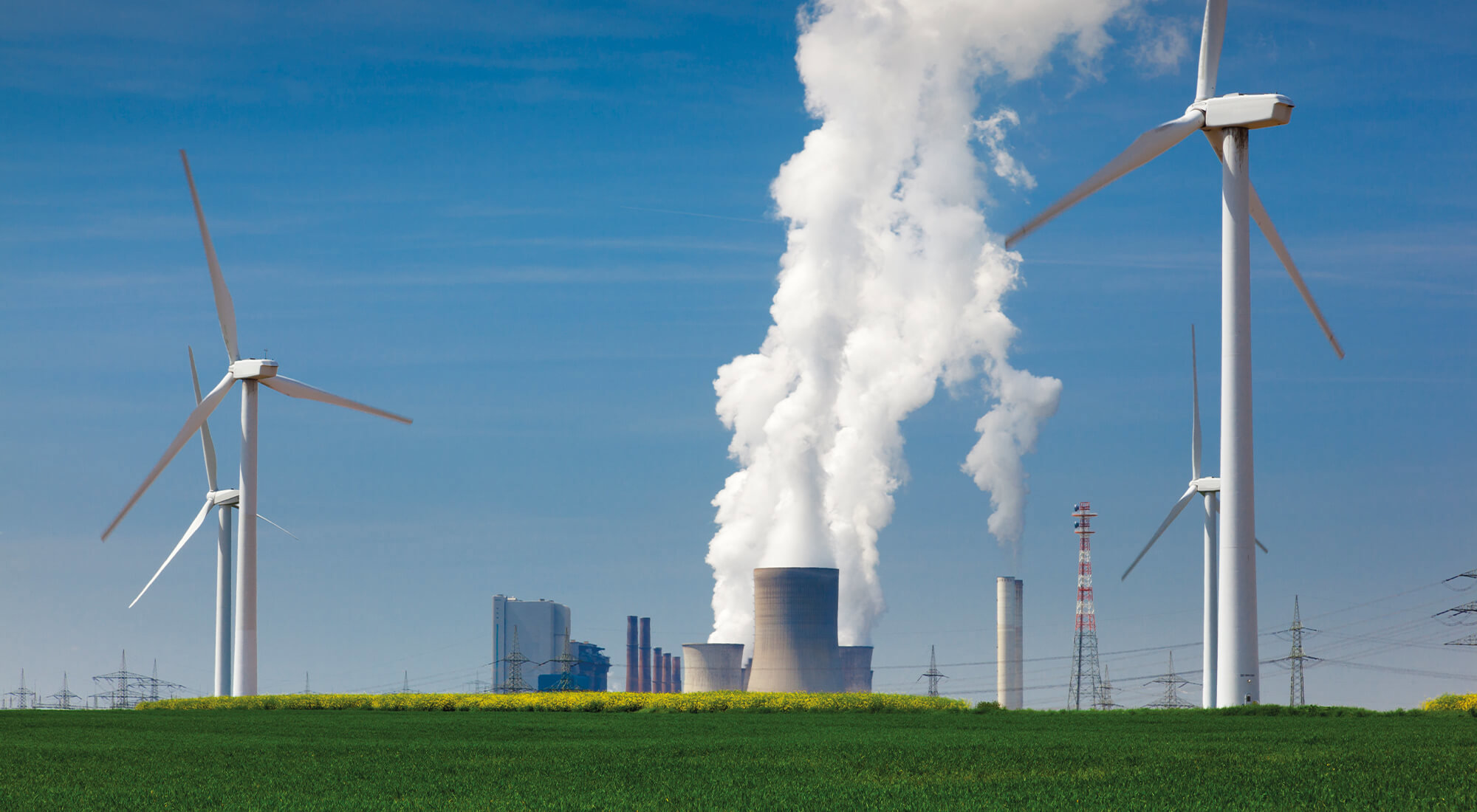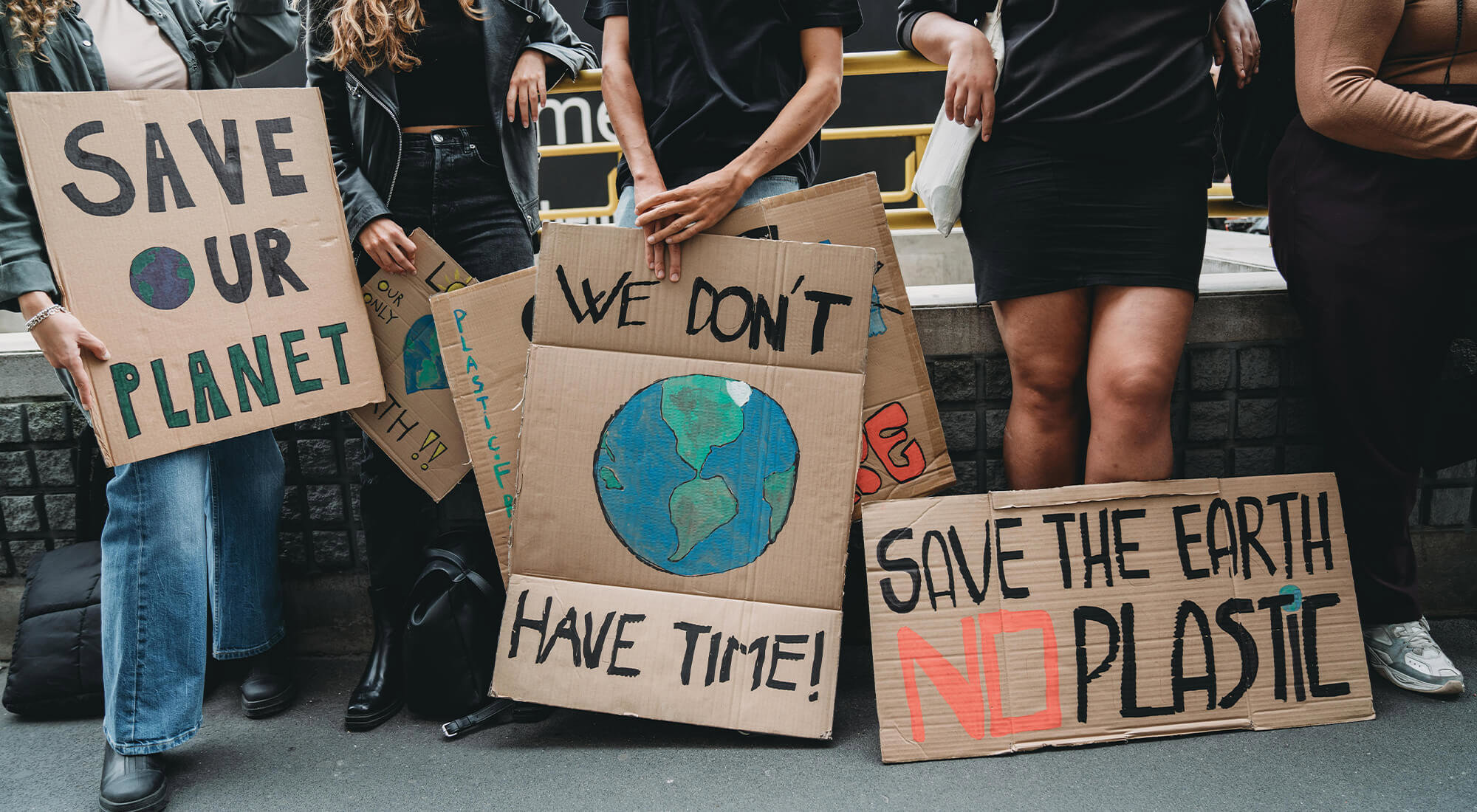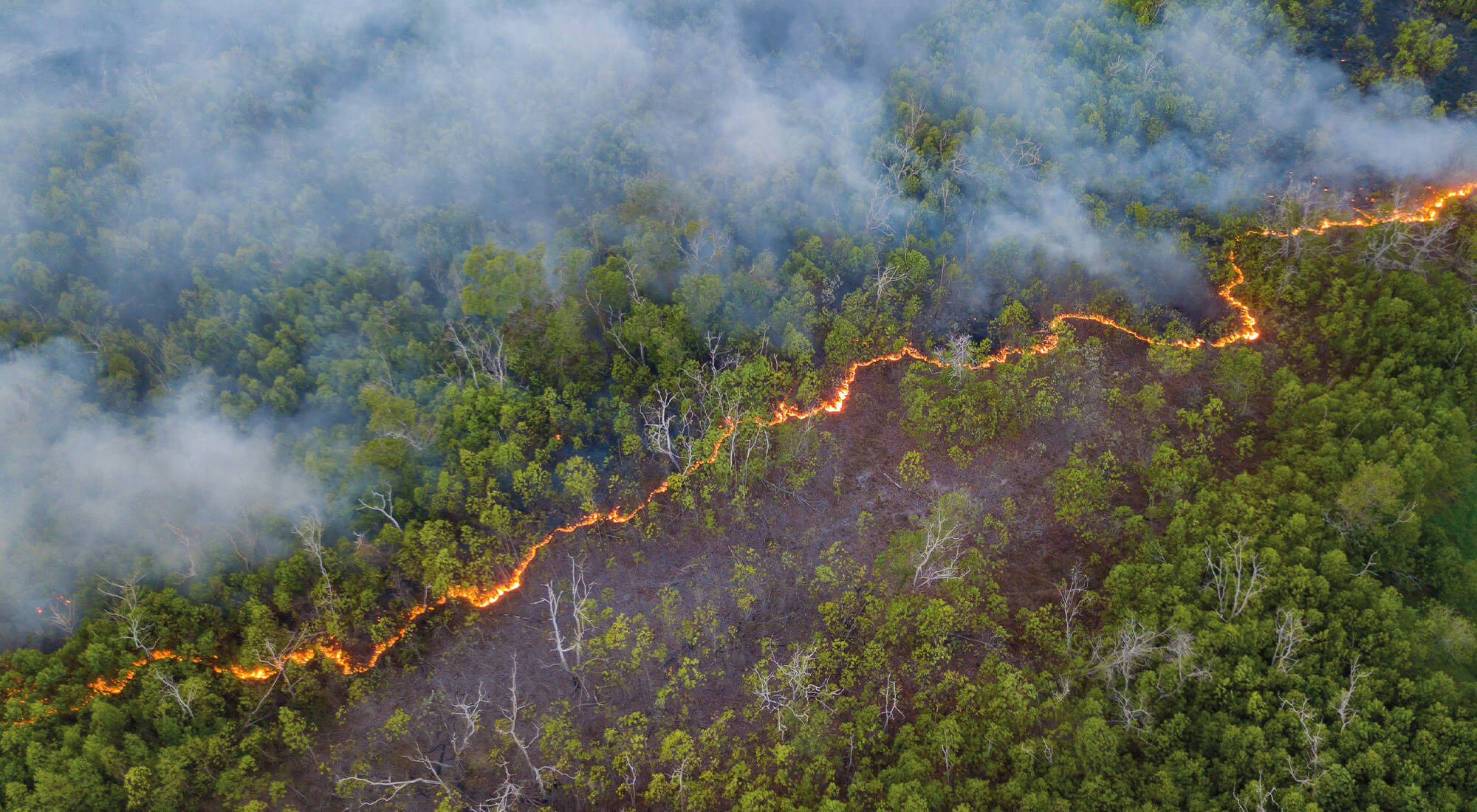Climate change litigation in 2026: Actions in Asia and Africa highlight increasing risks for states and corporates

To accompany the fifth edition of our interactive climate change litigation map, our experts look back over the significant decisions from 2025 and provide their insights into what 2026 may hold. This edition has provided a fundamental shake up of our top 20 cases, with half of them being replaced with fresh actions.
Summer Montague, Partner and Location Head of DAC Beachcroft's Singapore office, comments:
"The latest version of our climate change map highlights a clear trend: the focus of climate change litigation is no longer primarily directed at only Europe and the United States. Asia and Africa are seeing real growth in climate-related claims. New additions in locations including Singapore, the Philippines, Mozambique and South Africa demonstrate a diversity of both jurisdiction and legal arguments. These arguments will be supplemented by the groundbreaking advisory opinions issued by the international courts in 2025. For the first time our map also includes actions by nations and private companies seeking to challenge climate-positive action, through routes such as investor-state arbitration and more direct government challenge as seen in the United States."
2025 defined state responsibility
This calendar year has generated two landmark judicial responses to climate change: the long-awaited advisory opinions from the International Court of Justice (ICJ) and the Inter-American Court of Human Rights (IACHR). Our in depth analysis can be found here: ICJ and IACHR.
The advisory opinions placed the response to climate change squarely within states’ legal duties; states must adopt concrete, enforceable measures in response to climate change. In the view of the ICJ, this includes setting and updating robust domestic climate plans, necessary regulation of private actors, and international financial and technical co-operation. The IACHR recognised the human rights to a healthy environment and a healthy climate, compelling states to adopt ambitious and coherent climate mitigation and adaptation strategies.
Ongoing inaction by states will lead to further litigation citing these opinions, and their interpretation and application in domestic courts will be critical.
Other decisions this year have considered whether domestic legal avenues, such as common law principles, can respond to climate change. Results have differed. The Australian Federal Court rejected an action in negligence against the Commonwealth of Australia in Pabai Pabai. Again, our detailed coverage of this decision can be found here.
Although not ruling on the underlying claim in Greenpeace and others v ENI, the Italian Court of Cassation considered similar issues to those in Pabai Pabai. In contrast, the court found that activist groups and private individuals are entitled to bring tortious actions against companies in Italy in respect of climate-related issues. Our coverage can be found here.
Corporates under the spotlight
The ICJ and IACHR advisory opinions primarily focused on duties or obligations placed on states or governmental bodies, yet both made clear that states are responsible for the conduct of private actors within their jurisdiction. One example given by the ICJ was that states may be in breach of their duties by permitting corporates to carry out fossil fuel production or by licensing fossil fuel exploration. These and other examples may motivate governments to establish more effective regulations and frameworks governing corporate conduct.
The advisory opinions did not offer a definitive position on how responsibility for climate change may be attributed to individual states, or the period of responsibility. Nonetheless, actions making climate attribution arguments are likely to increase in the coming years. Climate attribution science, in the words of the Grantham Research Institute, "quantifies the increasingly destructive force of climate change around the world."
Activists and affected individuals continue to pursue attribution actions linking specific companies' emissions to particular climate impacts. In Lliuya v RWE, a Peruvian farmer sought $20,000 from the German power company, RWE to contribute to the $4 million cost of a protective dam. Due to climate change, a nearby glacial lake is allegedly at increased risk of causing flooding to the farmer's property. The damages sought were calculated using estimates that RWE had contributed approximately 0.47% to global emissions since the start of industrialisation.
The claim was unsuccessful on its facts, as there was no concrete evidence of the additional flood risk alleged. Nonetheless, the court found that the German Civil Code permitted an action alleging that greenhouse gas emissions infringed individual rights, irrespective of the geographical distance between the emissions and relevant property.
Lliuya demonstrates that courts can make 'climate-positive' findings; however evidential burdens still remain and as demonstrated by two other removals from our previous edition, issues such as jurisdiction and limitation will remain barriers for claims. In Bloom v TotalEnergies, an activist group sought criminal charges against Total's board and main shareholders for involuntary manslaughter and damaging biodiversity. The action was dismissed on the grounds that French criminal law did not allow for the prosecution sought; greenhouse gas emissions were not inherently unlawful. Similarly, an action brought by Municipalities of Puerto Rico against a number of fossil fuel company was dismissed due to the expiry of limitation and also jurisdictional grounds. An appeal was filed in early October 2025.
Although the claimants were not successful in the above actions, not all climate-related litigation against fossil fuel companies has been unsuccessful this year. The civil court in Paris found that TotalEnergies had issued advertising that misled consumers about its green credentials.
Christophe Wucher-North, Partner in DAC Beachcroft's Paris office notes:
"Total's public messaging on net-zero, carbon neutrality and the energy transition were found to be in breach of France's greenwashing law. Total's continued involvement in a number of fossil fuel projects was particularly relevant to the decision. Although the fines were financially modest, it represents the first ruling that a fossil fuel company's green claims were misleading, and other decisions in similar terms should now be expected against fossil fuel companies in other jurisdictions."
The decision follows in the footsteps of Fossielvrij v KLM, the first greenwashing decision in the aviation industry.
New for 2026: Diversity of action and jurisdiction
Africa and Asia feature heavily in our new selection of key climate change cases, highlighting a shift in attention from Europe and the United States. The actions themselves range from insurance disputes through to allegations of direct liability on the part of fossil fuel companies for individual deaths.
Firstly, following in the steps of other advisory opinions, a petition for an advisory opinion has been submitted to the African Court on Human and People's Rights (ACHRP) seeking clarity on the obligations of African states in the context of climate change. The petition emphasises the historical inequalities contributing to Africa's unique vulnerability to climate change, similar to those arguments made by small island states and least developed countries to the ICJ.
Issues of historical inequality and emissions were not specifically addressed in the ICJ opinion, with Judge Yusuf issuing a separate opinion arguing that the ICJ had engaged "in an abstract examination of the law of State responsibility in a manner divorced from the reality of the significant harm to the climate system caused by the historical and current GHG emissions of gross emitters…" Therefore, any advisory opinion from the ACHRP covering these issues will be highly anticipated.
The petition to the ACHRP also raises issues relating to intergenerational equity and justice, summarised in Article 3 of the United Nations Framework Convention on Climate Change as the need to “protect the climate system for the benefit of present and future generations of humankind..." These issues have also been raised in two Asian cases now included in our map. Liao and others v Ministry of Environment is the first Taiwanese action we have included. The action argues that Taiwan's emissions reductions targets are inadequate, and in breach of certain constitutional rights. The action is framed with an emphasis on intergenerational justice, noting that younger generations will be disproportionately affected by the impact of climate change.
The South Korean action of Kang v KEXIM and KSURE raises similar concerns, questioning whether the use of public funds by South Korean government bodies exposes the youth activist plaintiffs to irreversible climate risks. The plaintiffs seek an injunction preventing public funds being used for financing of fossil fuel developments in Mozambique. It is alleged that this would violate not only their Korean constitutional rights but also risks the protection of communities in Mozambique. Financing of these developments would perpetuate continued reliance on fossil fuels, exacerbating climate change and elevating the likelihood of severe weather events.
As the number of climate-related weather disasters increases, a growing number of cases will seek redress from companies and governments for failing to adapt to those risks. One such action in South Africa has been brought by an insurer on a subrogated basis. The insurer paid out in respect of damage to plant and additional business interruption following a significant flood at a manufacturing plant. It is argued that the public authorities' failure to maintain water and drainage infrastructure, despite higher climate risk, was causative of the damage.
Actions against fossil fuel companies continue to be filed. One of the most noteworthy additions to the map is the recently announced action pursued by Filipino victims of Typhoon Odette against Shell. The action, to be brought in the UK, alleges that Shell materially contributed to climate change through its historical greenhouse gas emissions. Supported by an independent expert report, it is alleged that these emissions increased the likelihood and severity of Typhoon Odette and subsequent damage. The action not only seeks redress for personal injury and property damage but also damages for those bereaved.
Shell is also facing a second action brought by the Dutch activist group, Milieudefensie. Building on findings made in their first dispute, the action seeks to prevent Shell from developing new oil and gas projects.
Outside activist litigation, fossil fuel companies are at risk of having permission for new fossil fuel projects denied due to domestic policy making. The addition of Woodhouse Investment Pte Ltd and West Cumbria Mining (Holdings) Ltd. v United Kingdom highlights the intersection of states' climate policies and international investment law. In 2024, the High Court quashed permission for the development of a new coalmine in Cumbria. In response, a Singaporean investor in the coalmine has commenced an International Centre for Settlement of Investment Disputes arbitration under the Investor-State Dispute Settlement (ISDS) clause of the 1975 UK-Singapore Bilateral Investment Treaty.
The ICJ opinion highlighted the risk with ISDS clauses, with one of the supplemental opinions noting that states will need to re-evaluate their interpretation of those investment agreements in light of their climate change obligations. As the UK and other countries attempt to transition away from fossil fuels, tension between ISDS mechanisms to protect investors and domestic policymaking is an expected outcome. The outcome of Woodhouse Investment may have far-reaching consequences for both investors and policymakers.
Interest in the United States remains high
Climate change litigation in the United States continues to develop, taking in increasingly varied disputes, particularly in light of the energy policies pursued by the Trump administration. Shortly after his inauguration, President Trump issued an Executive Order on 'Protecting American Energy from State Overreach', which specifically targeted "illegitimate impediments" to domestic energy production, such as state-level litigation or legislation.
A number of activists who were part of the unsuccessful Juliana v United States action have now submitted a petition to the Inter-American Commission of Human Rights. They are seeking a declaration that current US energy policy violates rights and duties established by the American Declaration of the Rights and Duties of Man, relying on the opinions of both the ICJ and IACHR. The petition requests that the Commission offer recommendations to the US on how to address any violations of international law that are identified.
As noted above, recent attention given by the United States to climate litigation has focused on challenging state-level climate change initiatives. Added to our map as a single entry, the US federal government has initiated lawsuits against each of Hawaii, Michigan, New York, and Vermont to prevent those states from pursuing climate action, particularly recovering climate-related damages from fossil fuel companies.
According to Aaron Mandel, Partner in DAC Beachcroft’s New York office:
"One or more of these lawsuits may add to the existing body of case law addressing the extent to which federal law – and, specifically, the Clean Air Act – pre-empts states' ability to recover climate-related damages from fossil fuel companies. Ultimately, that question may have to be answered by the US Supreme Court or the US Congress."
The state-level litigation involves assertions of the creation and perpetuation of a societal dependency on fossil fuels. This dependency, in full knowledge of the risks to the climate, is also alleged against fossil fuel companies in another action added to the map, Leon v Exxon Mobil. The plaintiff in Leon alleges that the death of her daughter from hyperthermia during the 2021 Pacific Northwest heatwave was caused by the actions of fossil fuel companies.
As the first lawsuit commenced in the United States alleging that climate change caused an individual's death, Leon demonstrates that novel litigation is still possible in the United States, despite the country having the highest number of climate-related actions to date.
Insurance considerations
The ever-changing landscape and variety of climate change litigation, demonstrated by the increasing diversity in both geography and legal arguments highlighted in our map choices, presents significant and mounting risks for insurers globally.
When considered alongside the landmark advisory opinions from international courts, the expansion of claims in both Asia and Africa signals new areas of potential exposure for the insurance sector. Insurers are now being required to respond to actions following climate-related disasters outside of their policyholders' jurisdictions and, in some instances, consider the prospects of recovery where indemnity payments may have been increased by the failure of others to mitigate the impact of climate change. Recent decisions indicate that courts may be more receptive to attribution science; as actions seeking to link climate impacts to specific outcomes or damage are tested, insurers will likely face increasing scrutiny over policy wordings and coverage triggers.




